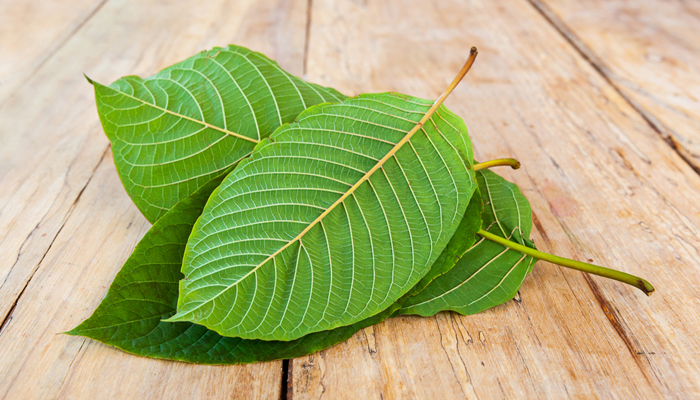So you are probably here looking for the differences and similarities between kratom tea and matcha green tea, right? What might be the benefits of both the kinds of teas? How can they affect health after the abuse of kratom tea and matcha green tea? So yes, you are at the right place.
Here in this article, we will discuss all the comparisons including their constituents, benefits, side effects, and dosage.
Kratom and Green Tea Leaves
Kratom, having scientific name Mitragyna speciosa, is a group of tree-like plants that belongs to the family Rubiaceae, same as that of coffee plant. Compounds like alkaloids and flavonoids in kratom have dietary benefits coupled with being psychoactive. There are different varieties of kratom, due to which effects of kratom vary from type to type. Traditionally, kratom tree plants are chewed by people who undergo excessive work load like field workers and mine workers.

Whereas, green tea also known as matcha is a powdered form of green tea leaves originated from China. It contains different kinds of awakeness stimulating and stress reducing agents in addition to some antioxidating properties a well. It greatly helps in weight loss and prevents malignant tumors as well as benign tumors up to some limit.
Kratom Tea and Green Tea
Kratom tea for sale, prepared by fermenting the kratom tree leaves, is domestic to Southeast Asian countries like Indonesia, Malaysia, and Thailand. It provides much more energy than the ordinary black tea or coffee. It contains a number of compounds but the active ingredients of kratom tea are mitragynine and 7-hydroxy-mitragynine along with a few other compounds that mainly helps in boosting our energy levels, and if you want to consume it, you just have to find a kratom tea for sale
On the contrary, green tea is mainly consumed in East Asia. The two main compounds in matcha green tea are caffeine and theanine. Caffeine is a major component that helps in stimulating awakeness whereas theanine is expected to have a stress reducing effect. Another prominent component of matcha green tea is epigallocatechin gallate, an antioxidant.
Dosage:
Matcha green tea is considered to be much safe as compared to kratom tea. Its intake can be up to 6 cups a day that contains approximately 120 to 240mg of theanine and 150mg of caffeine. Matcha green tea is not capable of enhancing awakeness as much as coffee since the ratio of caffeine varies greatly although they belong to the same family i.e. Rubiaceae.
Comparatively, kratom tea being very euphoric should not exceed a certain limitation of a few grams i.e. 0.5g to 2g for beginners. However, it also depends on the tolerance of the person so a single dosage might reach up to 3g to 5g. Taking too much quantity of both kinds of tea can cause major health problems including death. According to a report of food and drug administration ( FDA ), 44 deaths were reported that were linked to kratom use and abuse.
Safety:
Many countries have restricted the use of kratom as there is no evidence regarding its benefits and effectiveness for health although it’s legal in USA. Its use is controlled in countries like Denmark, Lithuania, Poland, Latvia, Romania, and Sweden. Moreover, it is addictive up to some limit and can cause serious health issues including death. According to a data from the National Poison Data system, more than 2,312 people have become ill due to the use of kratom.
However, matcha green tea is considered to be safe and has an antioxidating compound called epigallocatechin gallate that mildly prevent tumors, cancers and other related diseases. It also aids in mood elevation and weight loss. Still, abuse of matcha green tea can also cause considerable health related issues, upset stomach and at times loss of appetite.
Side Effects and Risks
· Kratom abuse
The kratom tea abuse can cause major issues including mental retardation and health declining diseases like:
- dehydration
- weight loss
- increased urination
- nausea
- anorexia
- psychosis
- hallucinations
Use of kratom on regular basis may start showing addictive effects, due to which users might experience some major withdrawal symptoms like:
- Aggression
- muscle aches
- Irritability
- emotional changes
- jerky movements
· Matcha Green Tea Abuse
Although matcha green tea is considered to be safe still its abuse can cause side effects like:
- Headache
- Insomnia
- Irritability
- Diarrhea
- Heartburn
- Constipation
Conclusion:
Kratom tea has many side effects, when not taken in a mannered amount, as compared to matcha green tea which is considerably a beneficial drink. Therefore kratom is also prohibited in a number of European countries.